What Is SEO (Search Engine Optimization)?
SEO stands for “search engine optimization.” It means the process of developing your site to improve its visibility when people search for products or services related with business in Bing, Google, and other search engines. The better clarity your pages have in search results, the more likely you are to earn attention and attract prospective and existing customers to your business.
How does SEO work?
Search engines such as Google and Bing use bots to crawl pages on the web, going from site to site, gathering information about those pages and putting them in an index. Study the index like an enormous library where a librarian can pull up a web page to help you find exactly what you’re looking for at the time. Then algorithms analyze pages in the index, taking into account hundreds of ranking factors or signals, to define the order pages should resemble in the search results for a given query.
Our SEO success factors can be recognized proxies for aspects of the user experience. It’s how search bots predict how well a website or web page can give the searcher what they’re searching for. Unlike paid search ads, you can’t pay search engines to get more organic search rankings, which means SEO experts have to put in the work. That’s where we come in.
For example, content quality and keyword research are key factors of content optimization, and crawlability and speed are important factors of site architecture. These are alternatives or tricks that may have been enough to guarantee a high ranking back in the day when the engines designs were much less complicated. And, they might even work for a short time now until you’re grabbed. We at Opstech Solution also got a brand-new Niches section that deep-dives into the SEO behind three key niches: Local SEO, News/Publishing, and Ecommerce SEO. While our SEO strategy will help you with the best practices, identifying the differences of SEO for each of the Niches will help you succeed in search results for your small business, recipe blog, and/or online store. The search algorithms are meant to surface relevant, administrative pages and grant users with a useful search experience. Optimizing your site and content with certain factors in mind can help your pages rank higher in the search results.
SEO is an essential part of digital marketing because people carry trillions of searches every year, often with marketing purpose to obtain information about products and services. Search is often the chief source of digital traffic for brands and complements other marketing channels. However, search results have been emerging over the past few years to give users more direct answers and knowledge that is more likely to keep users on the results page rather than driving them to other websites.
Features like rich results and Knowledge Panels in the search results can improve visibility and give users more information about your company immediately in the results. In total, SEO is the foundation of a holistic marketing ecosystem. When you realize what your website users need, you can then realize that information crossed your campaigns (paid and organic), across your website, across your social media properties, and more.
Here are four types of SEO:
On-Page SEO. On-page SEO, related to on-site SEO, is the method of optimizing the content on your website.
Off-Page SEO. Off-page SEO is everything that does not appear on your website.
Technical SEO.
Local SEO.

